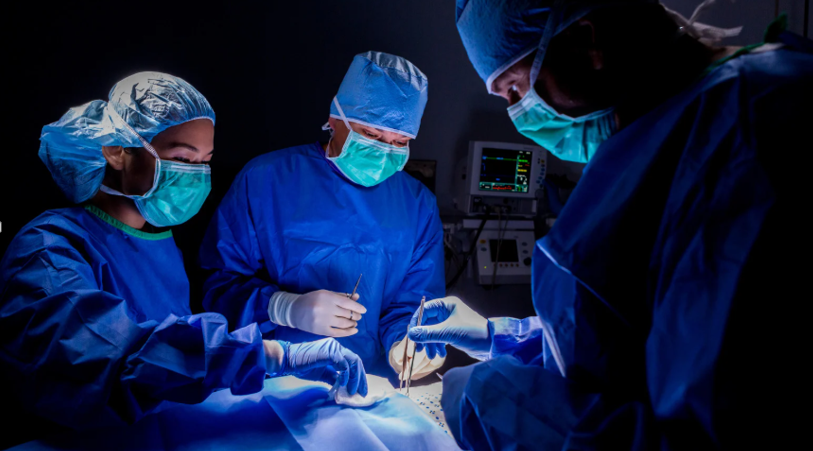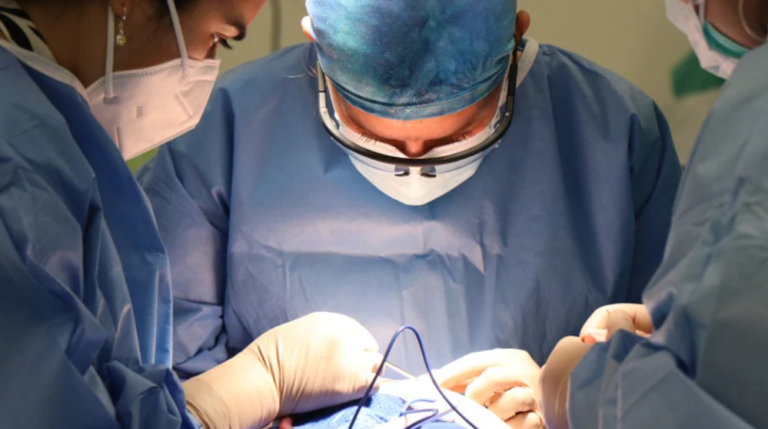What to Expect Before, During, and After Weight Loss Surgery with Your Surgeon
Choosing a weight loss surgeon in Baltimore is a life-changing decision that involves preparation, commitment, and long-term follow-through. Patients often wonder what to expect at different stages of the process. From the first consultation to long-term recovery, understanding these phases helps reduce uncertainty and build confidence in your journey. This article outlines what you can anticipate before, during, and after surgery, with insights into candidacy, preparation, surgical steps, and ongoing medical support.
Preparing for Weight Loss Surgery
Before undergoing surgery, patients must go through several evaluations to determine if they are suitable candidates. Surgeons typically assess overall health, existing conditions, and psychological readiness. Understanding if you are a good candidate for weight loss surgery is crucial, as it ensures that the procedure will be both safe and effective. For instance, learning about factors that qualify someone for surgery can help patients prepare both physically and mentally.
Lifestyle changes are often recommended well in advance. These may include following a supervised diet, adopting regular exercise, and addressing habits such as smoking. Preoperative preparation ensures the body can handle the procedure and also sets the foundation for long-term success.
What Happens During Surgery
The day of surgery typically begins with anesthesia and preparation of the operating area. Depending on the chosen procedure, techniques may vary, but the main objective remains consistent: reducing stomach capacity or altering the digestive pathway to support weight loss.
Patients are monitored closely throughout the procedure. Minimally invasive methods are often used, reducing risks and leading to quicker recovery times. While surgery itself is a major step, the patient’s readiness and mental preparation beforehand often play just as important a role.
Recovery After Weight Loss Surgery
Recovery starts immediately after the operation and extends for months. In the first few weeks, dietary changes are essential, with patients transitioning from liquids to soft foods before reintroducing solids. Surgeons and medical teams guide patients through this process to avoid complications and ensure healing.
Follow-up visits are crucial. These check-ins allow for monitoring of weight loss progress, adjustment of medications, and guidance on lifestyle habits. Professional oversight helps patients avoid setbacks and ensures the new lifestyle is sustainable. As highlighted in discussions about medical support during weight loss, continued guidance provides accountability and helps patients adapt to their new routines safely.
See also: Role Of Healthcare Contact Center Services In Accelerating Business Growth
Long-Term Support and Lifestyle Adjustments
Even after the body heals, weight loss surgery is only the beginning of a lifelong commitment. Patients must remain consistent with nutrition, exercise, and medical checkups. Surgeons often emphasize that weight loss is a journey requiring ongoing support, both physically and emotionally.
Counseling, support groups, and regular follow-up visits all contribute to long-term success. With the right balance of medical guidance and personal dedication, patients can achieve not only weight reduction but also significant improvements in overall health, energy, and quality of life.
Conclusion
Weight loss surgery is a comprehensive process that spans preparation, surgical treatment, and post-operative care. With the guidance of a skilled surgeon and continuous medical support, patients can achieve sustainable results and embrace a healthier lifestyle for the future. Beyond the physical transformation, many individuals also experience improvements in confidence, mobility, and overall well-being. When approached with realistic expectations and consistent follow-up care, weight loss surgery can serve as a turning point toward long-term health and quality of life.






